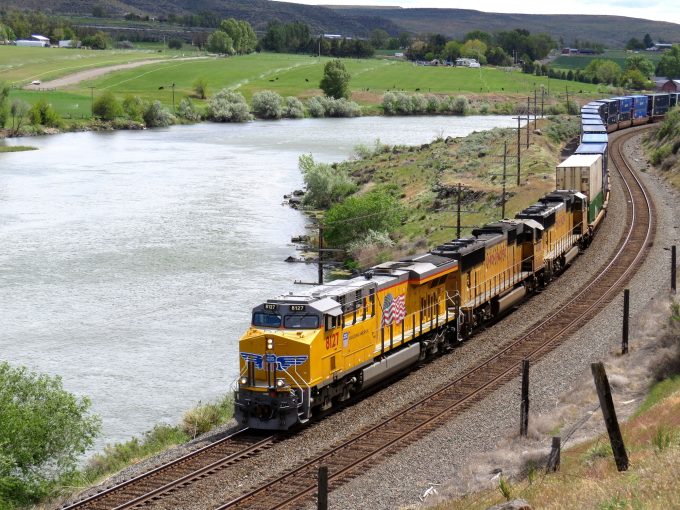Claude Mongeau resigns as chair of Norfolk Southern board
PRESS RELEASE Jun 03, 2025, 08:00 ET New chair to be elected at the next scheduled meeting ...

The large North American railways cannot shake off accusations of profiteering from supply chain congestion.
Like ocean carriers, they have allegedly raised and imposed demurrage fees to boost profits.
A new report issued by Accountable.USAccountable.US, a watchdog described as “liberal”, concludes that Class I rail companies raised ...

Comment on this article